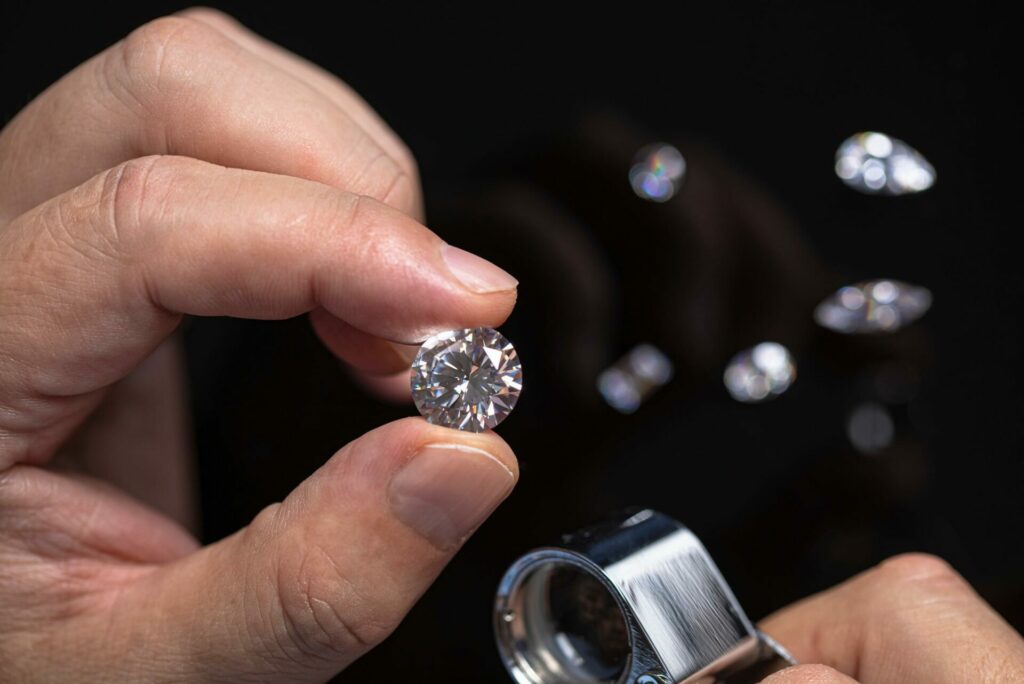Another surprise departure of a top executive in the Antwerp diamond sector illustrates the continued conflict and tensions between the sector and the State regarding Russian sanctions.
Antwerp is Europe's established diamond hub and is central to the global trade in precious stones, but since the war in Ukraine, there has been trouble in paradise. On Thursday, Ari Epstein unexpectedly announced he was resigning as CEO of the Antwerp World Diamond Centre (AWDC) after 13 years. The AWDC board of directors did not elaborate on the reason for his departure.
His resignation is the latest in a string of departures from the Antwerp diamond sector. David Gotlib, the former board chair, also stepped down last year amid reported internal disagreements over AWDC's approach to Russian diamonds and the new diamond control system that is being rolled out to keep them out of Belgium. Sources told De Tijd that disagreements at the AWDC board are behind the recent resignations.
Divided opinions
When Russia first invaded Ukraine, Prime Minister Alexander De Croo argued that sanctions on the diamond sector using Russian diamonds would only lead to the country trading elsewhere, thereby harming the EU economy.
However, Belgium soon made a U-turn and lobbied for measures to restrict the trade of precious stones to sanction Russian diamonds without severely impacting the sector in Antwerp. Belgium advocated regulations that would trace stones from their source and would operate internationally. Last year, the G7 – grouping the most significant industrial nations – agreed to ban raw Russian diamonds.
Belgium, and specifically Antwerp, is playing a key role in the new diamond tracking and registration system to facilitate this. This should prevent Russian diamonds from reaching the European market via intermediate stops in processing countries such as India and the United Arab Emirates (UAE).
Related News
- G7 also restricts indirect import of Russian diamonds
- EU imposes sanctions on Russia's biggest diamond producer
All diamonds coming to Belgium pass through the Diamond Office. Since 1 March, some 35 staff in the office have been checking the origin of diamonds with customs and the Economy Ministry. Using blockchain technology, this system should eventually provide full transparency on a diamond's itinerary.
However, industry opinion is divided on the system, with some members still not accepting the sanctions against Russia and the expanded mechanism. Dissident voices reportedly also come from within the AWDC board of directors itself. They fear that Antwerp will lose its top position as a diamond centre to the UAE and India if it is no longer allowed to import Russian diamonds.
Meanwhile, the Federal Government is convinced that only the new control system can protect Antwerp's position, adding that reversing Russian sanctions is not a realistic option. However, the fact that there is resistance against the system within the very institution designated to help monitor through the Diamond Office complicates matters. If the industry does not budge, the government can, however, decide to take full control of the diamonds.

